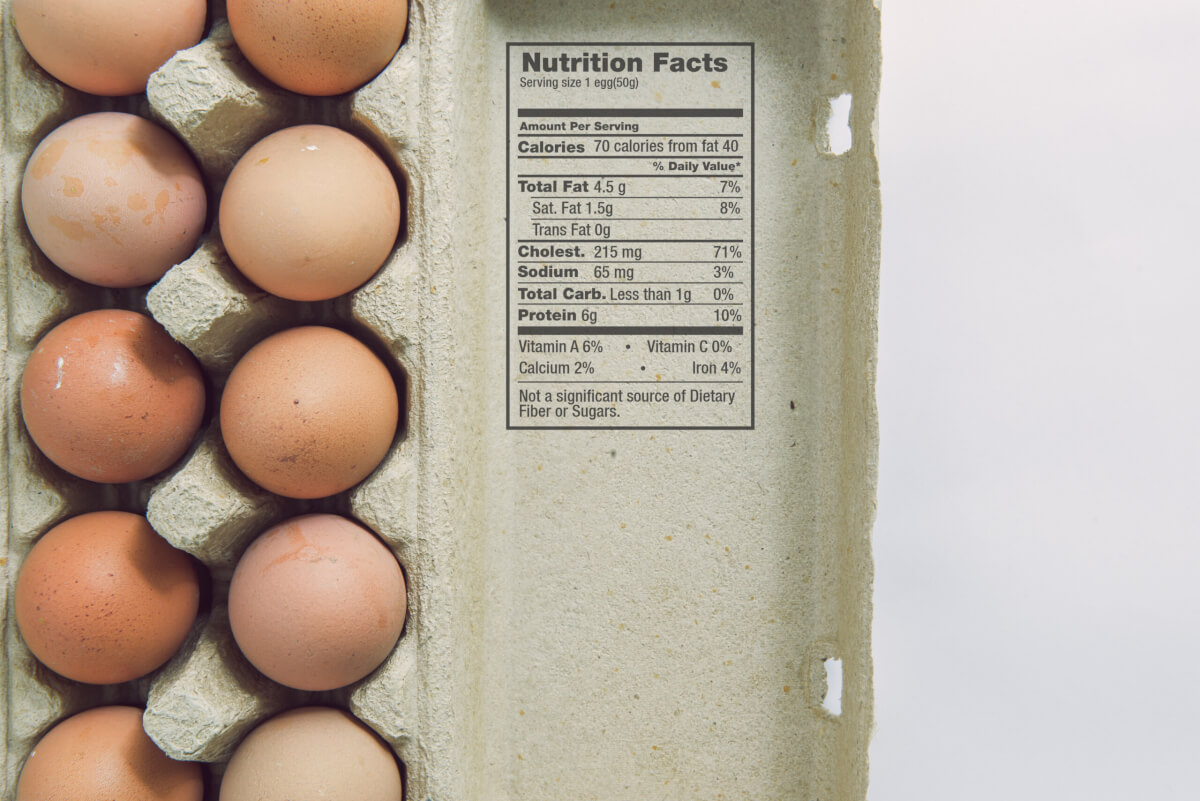
DURHAM, N.C. — For decades, eggs have been at the center of a heated debate in the nutrition world. On one side, proponents tout them as a nutrient-dense, protein-packed superfood. On the other, critics warn of their high cholesterol content and potential harm to heart health. But a new study, presented at the American College of Cardiology’s Annual Scientific Session, suggests that the humble egg may not be the villain it’s often cracked up to be – at least when it comes to fortified varieties.
The egg debate dates back to the 1970s, when the American Heart Association first recommended limiting egg consumption to reduce the risk of heart disease. The concern centered around the high cholesterol content of egg yolks, with a single large egg containing about 186 milligrams of cholesterol – more than half the recommended daily limit at the time.

However, subsequent research began to chip away at the egg’s bad reputation. Studies suggested that dietary cholesterol had less impact on blood cholesterol levels than previously thought, and that saturated and trans fats were the real culprits in raising heart disease risk. In 2015, the Dietary Guidelines for Americans even removed the recommended limit on cholesterol intake, although they still advised eating as little dietary cholesterol as possible.
Now, the PROSPERITY trial, a prospective, controlled study, is adding a new layer to the egg debate. The study focused specifically on fortified eggs, which are enriched with nutrients like omega-3 fatty acids, vitamin D, and selenium. Researchers wanted to see if consuming these souped-up eggs regularly would impact markers of heart health differently than eating few or no eggs.
The results, while not conclusive, are certainly intriguing. Over a four-month period, participants who ate 12 or more fortified eggs per week showed no significant differences in their levels of “good” HDL cholesterol or “bad” LDL cholesterol compared to those who ate fewer than two eggs per week. This held true even though the participants were all at high risk for heart disease.
“This is a small study, but it gives us reassurance that eating fortified eggs is OK with regard to lipid effects over four months, even among a more high-risk population,” says lead author Dr. Nina Nouhravesh, a research fellow at the Duke Clinical Research Institute, in a statement.
What’s more, the fortified egg group showed numerical improvements in several other markers of heart health, including total cholesterol, LDL particle number, and insulin resistance scores. While these findings need to be confirmed in larger studies, they suggest that the extra nutrients in fortified eggs could offer some cardiac benefits.
Of course, the study has its limitations, including its small size and reliance on participants’ self-reporting of their egg intake. And it’s important to note that the study was funded by Eggland’s Best, a major producer of fortified eggs.

Nonetheless, the findings add an interesting twist to the long-running egg debate. They suggest that not all eggs are created equal, and that the nutrient profile of fortified eggs could make them a more heart-friendly choice than conventional eggs.
However, experts caution that eggs are just one piece of the dietary puzzle when it comes to heart health. What you eat alongside your eggs matters too. Pairing them with saturated fat-laden bacon, sausage, and butter may negate any potential benefits, while serving them up with heart-healthy veggies, whole grains, and lean proteins could enhance their nutritional profile.
As the egg debate continues to evolve, one thing is clear: blanket statements about eggs being “good” or “bad” for heart health are likely an oversimplification. The reality is more nuanced, depending on factors like the type of egg, the individual’s overall diet and health status, and even their cooking method.
For now, the age-old adage of “everything in moderation” seems to hold true for eggs as for so many other foods. And if you do choose to enjoy them regularly, opting for nutrient-fortified varieties could offer some extra heart-healthy benefits. As always, it’s best to consult with your doctor or a registered dietitian to determine what dietary pattern is right for your individual needs and health goals.
